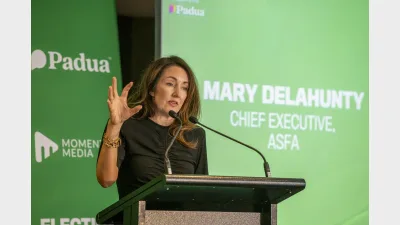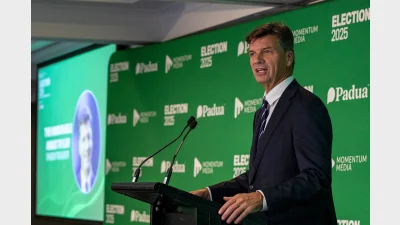ETFs not suited to institutional investors



|
Institutional investors have been warned against long-term investment in exchange traded funds (ETFs).
A new analysis issued by Watson Wyatt has claimed that while the development of the ETF sector has driven a great deal of product innovation, institutional investors should be considering ETFs in the same context as alternative investments.
It said this was because ETFs generally had higher fees than institutional index products, might have tax implications that required specialist advice and often contained counterparty risks for which investors might not be compensated.
Commenting on the research, Watson Wyatt senior investment consultant Chris Sutton said while ETFs were to be applauded for their substantial innovation and the way they had opened up a world of potentially interesting market exposures, the case for inclusion in institutional investment portfolios was not yet obvious.
He said the Watson Wyatt analysis suggested there were a good range of institutional passive products available in most markets that were cheaper than many ETFs.
Recommended for you
Aware Super has made a $1.6 billion investment in a 99-hectare industrial precinct in Melbourne’s North which, the fund clarified, also houses the nation’s first privately funded open-access intermodal freight terminal.
ASFA has affirmed its commitment to safeguarding Australia’s retirement savings as cyber activity becomes an increasing challenge for the financial services sector.
The shadow treasurer is not happy with the performance of some within the super sector, telling an event in Sydney on Thursday that some funds are obsessed with funds under management, above all else.
As the Australian financial landscape faces increasing scrutiny from regulators, superannuation fund leaders are doubling down on their support for private markets, arguing these investments are not just necessary but critical for long-term financial stability.












